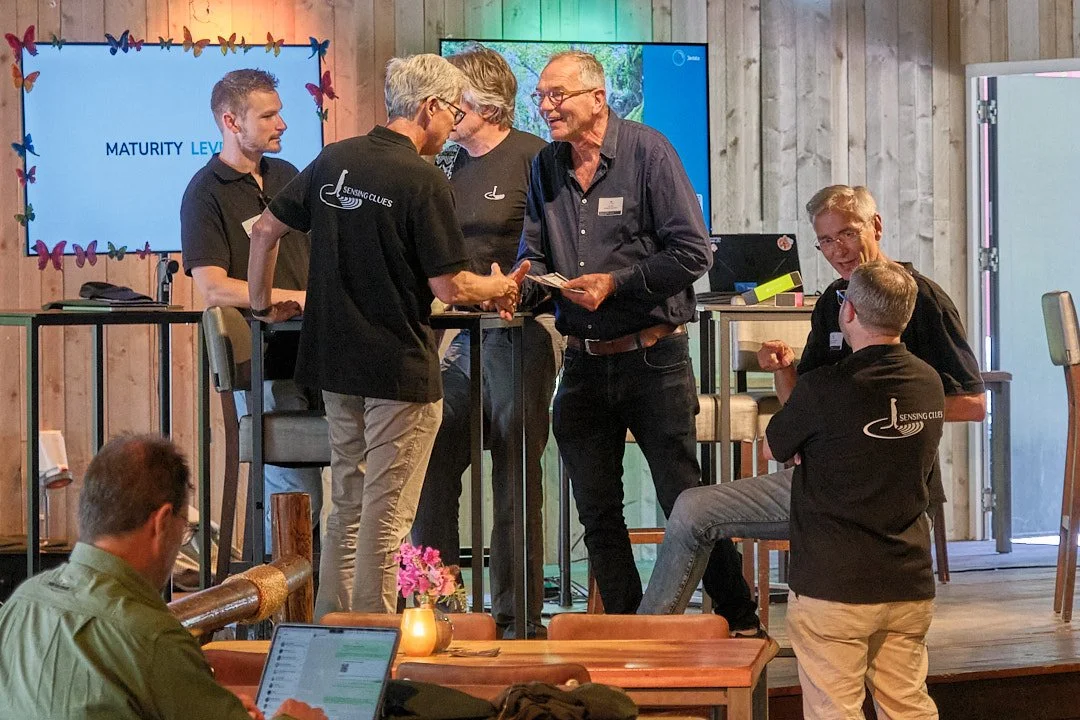Beyond the Final Conference: Applying What Works, Building What’s Next
Reflections from the Nature FIRST Conference, 25 and 26 June 2025
Two days, dozens of tools, and one message: conservation does not end when the project ends. Held at Ouwehands Dierenpark in Rhenen, the final conference of the Nature FIRST project brought together conservation professionals, biodiversity researchers, forensic experts, and technology specialists to explore what is already working and what is still needed in the fight against biodiversity loss.
The event was opened by Jan-Kees Schakel and Sonja van Meerbeek (Nature FIRST), together with José Kok (Ouwehands Zoo Foundation), Ingrid Vermeulen (Bears in Mind), and Roman Cherepanyn (WWF Ukraine). Their welcome set the tone. This was not just a moment to reflect, but to share field-ready tools and start new conversations.
From digital twins that simulate ecosystem change to crime scene kits for documenting wildlife poaching, the tools presented throughout the conference were developed and tested with frontline users. Workshops and panels offered opportunities to engage directly with developers, researchers, trainers, and end-users from East Africa to Eastern Europe.
The programme included practical sessions on wildlife forensics, environmental time series, human-wildlife coexistence, habitat mapping, and market drivers for nature conservation.
Through these sessions, participants explored key topics such as:
• How to forecast and mitigate conflict using tools like WWF Romania’s Risk Radar
• How to improve habitat management with time series analysis and mapping
• How to strengthen prosecution and prevention in wildlife crime through community engagement and legal reform
• How to ensure knowledge and data do not stay in silos, using smart contracts, semantic graphs, and the Conservation Innovation Hub
Alongside applied insights, keynote speakers including Fred Stolle (World Resources Institute) and Gladys Kamasanyu (Uganda Wildlife Court) reminded participants that lasting change requires both structure and imagination. And in one of the final sessions, panellists discussed how to co-create the future of conservation through long-term partnerships, community-based strategies, and new ways of working with data.
The conference also marked an important moment of visibility. Lucie Vidonne of the European Commission joined online to reflect on the value of the Nature FIRST work, which will soon be featured in the CORDIS Success Stories collection.
This is not the end
While the conference closed the Nature FIRST project, it opened new paths forward. The tools, methods, and partnerships developed throughout the project are ready to be scaled, adapted, and shared. If you are interested in applying these solutions, collaborating with project partners, or learning more about the outcomes, please feel free to reach out.
This conference is not a conclusion, but a launchpad for next actions, new partnerships, and the next steps towards more resilient ecosystems and stronger conservation systems!










